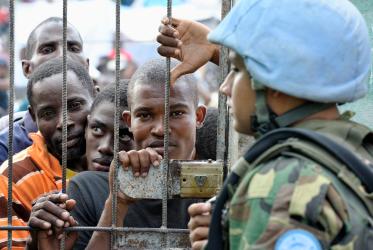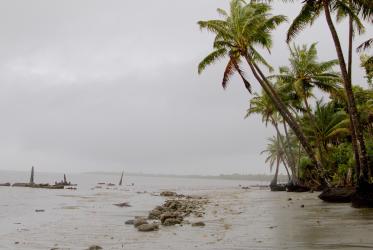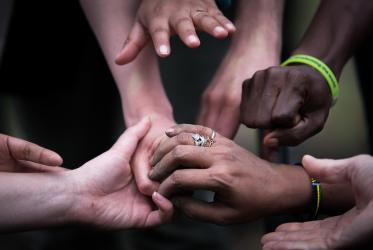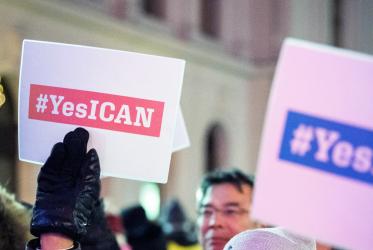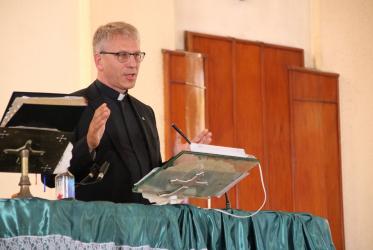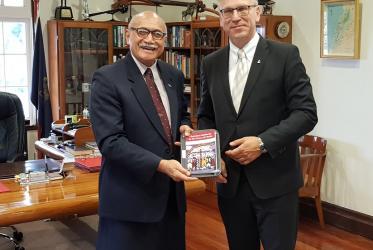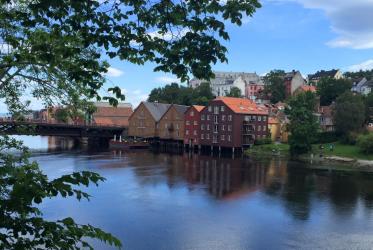Displaying 1 - 20 of 31
Churches prepare report for Canada’s Universal Periodic Review
29 November 2023
Churches should use their voice on climate change
26 February 2020
The cry of the Papuans in Indonesia
14 November 2019
#WCC70: Children in the Ecumenical Movement
20 December 2018
How can you help refugees?
11 October 2018
"Diversity" documentary reflects on maze of self-identity in Canada
27 September 2018
In Fiji, “time to go beyond the reef”
14 August 2017
New Executive Committee members elected in Trondheim
28 June 2016


